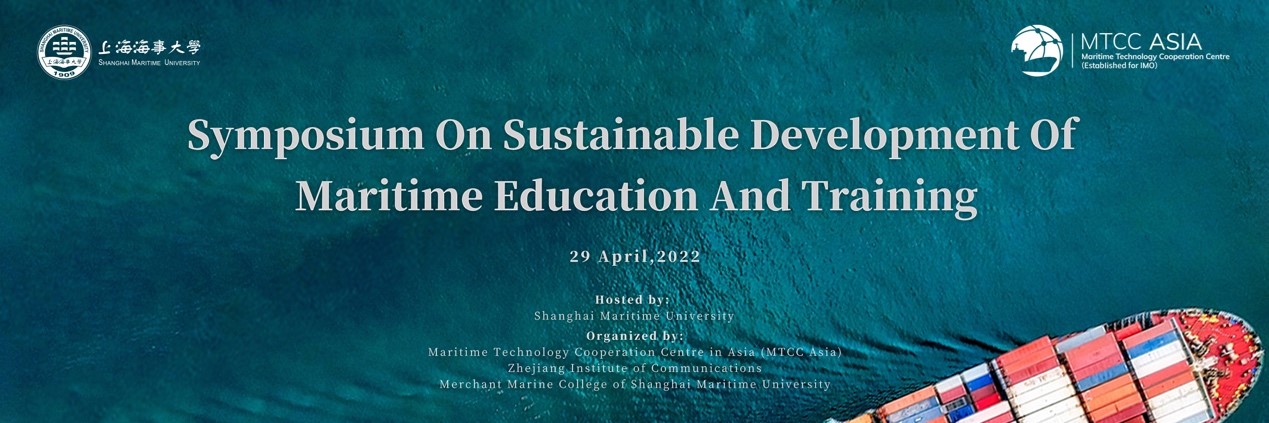Maritime Education and Training (MET) is faced with huge challenges while also great opportunities in the context of moving towards an intelligent, decarbonized and efficient maritime shipping industry, which is being accelerated by substantive updates of IMO conventions and national legislation, innovation of maritime technologies, and renewed demand of qualified seafarers. In a symposium organized by Shanghai Maritime University on 29 April 2022, specialists from maritime institutions had a heated discussion around sustainable development of maritime education and training to identify practical solutions.

Speakers addressed new MET pedagogies, assessment mechanism for seafarers’ competency, and internationalization of maritime education to enhance mobility and exchanges. Professor Takeshi Nakazawa, Executive Secretary of the International Association of Maritime Universities (IAMU), introduced updates on green shipping and smart shipping, and extended his viewpoints and suggestions on future MET; Professor Michael Baldauf from VTS-Simulation at Hochschule Wismar’s Maritime Simulation Centre, Germany, advised maritime instructors on actions and measures through reports and analysis of the latest research on smart ships; Professor Fang Cheng from Zhejiang Institute of Communications, China, introduced an integrated model for MET in future in his speech titled Exploration and Practice of Talent Cultivating System for Marine Technology Specialty in the New Age; Professor Ruan Wei, Head of MTCC Asia, and Director of International Office of the Shanghai Maritime University, shared his insights and suggestions for the internationalization of MET in future.
The symposium was organized in cooperation with the Maritime Technology Cooperation Center in Asia (MTCC Asia) and Zhejiang Institute of Communications, with some 40 participants attended online from maritime countries including Sri Lanka, Georgia, Cambodia, Myanmar, Egypt, Romania, Bangladesh, Tanzania and China.
